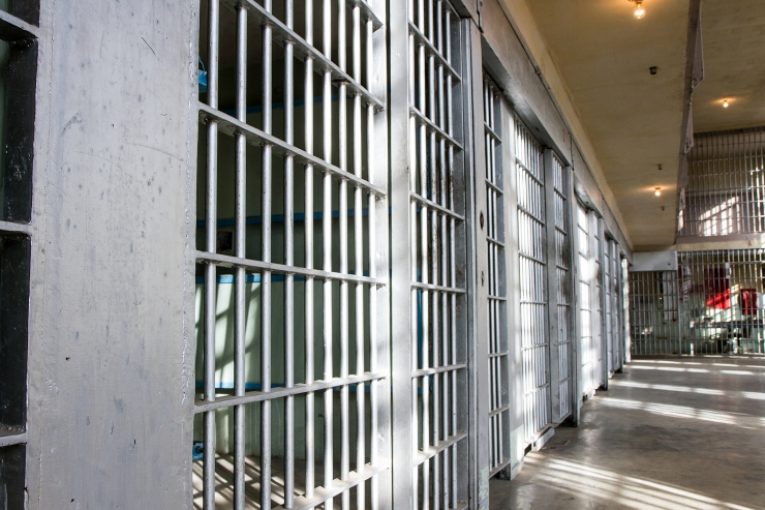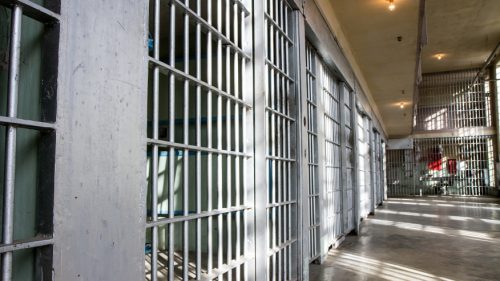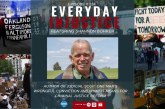

By Yana Singhal
BOSTON, MA – Boston Gov. Maura Healey this month signed a bill stating Massachusetts would become “the fifth state to make prison phone calls free statewide and the first state to include provisions for free calls from county jails.”
The Keeping Families Connected/No Cost Calls Coalition said, “For years, prison phone companies have profited off the backs of some of the most economically vulnerable families in Massachusetts,” said Caroline Cohn, equal justice works fellow at the National Consumer Law Center.
“This marks a milestone in the movement to end the abusive power of prison profiteering,” said Michael Collins, senior director of state and local government affairs at color of change, noting,
“Financial exploitation in our carceral systems has created barriers for families and their loved ones to stay connected, for the sake of gains by the state and corporations.
“The passage of this legislation in Massachusetts sets a national standard for human rights for incarcerated people, a standard we urge other states to follow. Color Of Change and our partners celebrate this win for civil rights and will continue to move forward a vision of a prison complex that puts first the humanity of incarcerated people,” Collins added.
Nia Reid-Patterson, a member of the No Cost Calls Coalition and directly impacted, noted how their family has been advocating for such a bill and how it eases the financial tension and the stress of having to choose between staying connected to a family member and having food on the table.
Jarelis Fonseca, another member of the coalition said, “It is with immense relief and gratitude that today marks the change families like mine desperately called to legislators to act on. As a directly impacted family and a No Cost Calls Coalition member, I know the importance of access to phone calls and like so many who were affected by the financial burden.”
Fonseca added, “As a new reality sets in, my family can look forward to continued connection, unaffected and unlimited, possibilities with hope for a better future financially and holistically. I especially want to thank all the representatives who lead this way, making a case continuously for the needs of families over systems profiteering.
“This fight has always been about people, defending them, uplifting them, and leading change that speaks for them in rooms they aren’t in. We will continue to do that and celebrate this milestone in our continued history of victories standing up for our rights.”
Joanna Levesque said, “Not only will this help relieve some of the financial burden that has been solely on me while I try to keep our housing afloat so my partner has somewhere stable and safe to come home to, it will also help us maintain healthy mental and emotional connections that are fundamental in reducing rates of recidivism and keep him strong and safe until he can be released.”
William “7even” Ragland is the chair of the African American Coalition Committee (AACC), a coalition of men incarcerated at MCI-Norfolk focused on reforming the criminal legal system, and he said, “Black and brown people — many in poverty — make up 21 percent of the Massachusetts population but roughly 60 percent of its prison and jail population. It is a monstrosity and repugnant.
“It’s not surprising then that Black and brown people spend the most on phone calls, video calls, and e-messages with their incarcerated loved ones, to the tune of $25 million annually. Given our low prison wages, our families are often left with the bill, deciding whether to put money on their loved ones’ phone accounts or pay their rent, put gas in their cars, or put food on their tables.”
On behalf of Common Cause Massachusetts, Dev Chatterjee, program and outreach manager, wrote, “Ensuring free phone calls in jails and prisons guarantees better access for people who wish to engage in their government, stay connected to their community, and become informed voters. We thank the House, Senate, and Governor for their leadership.”
June Rowe and Rachel Roth, members of Mystic Valley Action for Reproductive Justice, state they are “thrilled that all people in prison and jail, including those detained for ICE, will now be able to stay in touch with their friends and families. Providing free communication is good family policy that redresses at least some of the racial, economic, and gender injustice of incarceration.
“Too many families, especially those headed by Black women and Latinas, have been shouldering the burden of overpriced calls to maintain relationships with loved ones. We look forward to the swift implementation of this important policy.”
Prisoners’ Legal Services Senior Attorney Bonnie Tenneriello stated, “PLS will do everything in our power to ensure that this legislation is implemented in a way that brings maximum access to vital communication between incarcerated people and their families.”
Notably, Tali Smookler, congregational organizing director at Unitarian Universalist Mass Action, added, “Unitarian Universalist Mass Action celebrates this new policy that will guarantee free communication to those who are in prisons, jails, and ICE detention in Massachusetts.”




